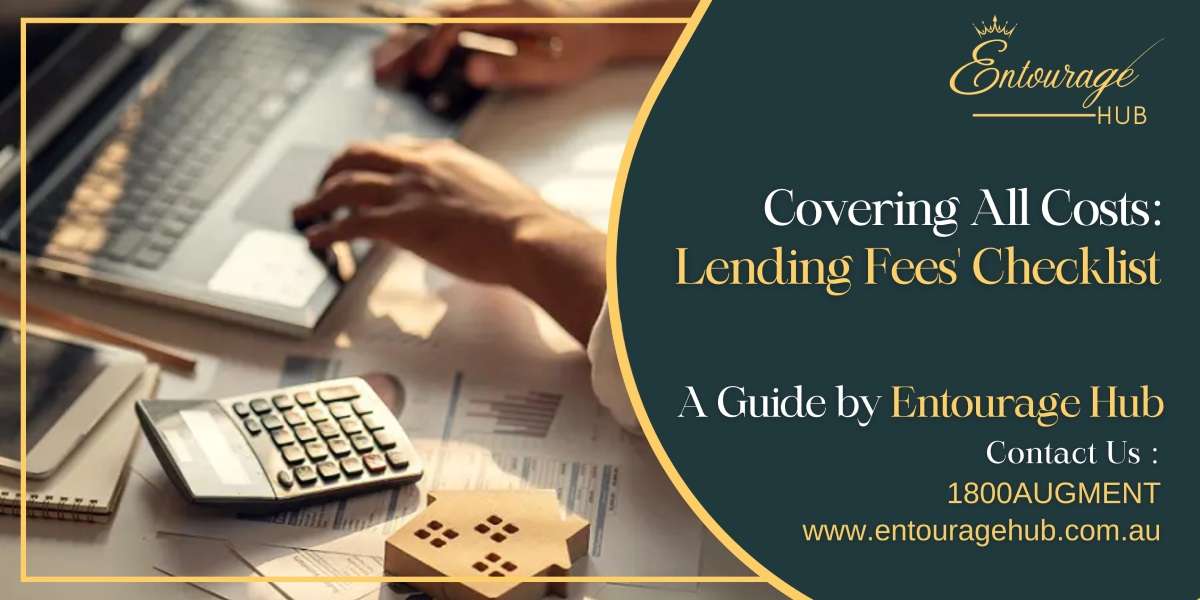So you've finally found the perfect property. Everyone agrees, even the dog likes it! If you've done your homework, all you need to do now is finalize the deal because otherwise, your dream home may turn out to be a mere fantasy. Before getting too entrenched in the house hunt, it pays to understand how much you can borrow and how much you'll have to spend to buy the house. This way, you won't get caught short when you make an offer.
With this objective in mind, financial planners recommend that potential loan applicants be prepared for all potential costs. Here are some key things to keep in mind:
How Much Can You Borrow?
When a lender reviews your loan application, they will look at several criteria, including:
- Income: Is your income full-time or part-time? Have you earned consistent income for a number of years? Do you receive dividends from shares or managed funds? Are you on a pension?
- Commitments: Such as credit card debt, personal loans, or other property loans.
- Living Expenses: Such as food, electricity, and rates.
- Deposit: How much deposit do you have saved? Is the deposit from genuine savings or a gift?
- Property Price: How much you can borrow will be affected by the property price.
- Credit History: Your previous credit history will be reviewed by the lender and could decide whether they lend to you.
How Much Will It Cost?
It's crucial that loan applicants consider the following lender fees:
- Loan Application Fee: Charged for the work a lender does on your loan application. Depending on the amount you borrow, this can vary from $150 to $700.
- Valuation Fee: If the lender’s credit includes a property valuation, there’s a charge of between $100 and $200.
- Mortgage Discharge Fee: This is when the lender charges for time to lodge the discharge of the mortgage to the titles office. The cost can range from $150 to $400.
- Lenders Mortgage Insurance (LMI): When you borrow more than 75 percent of the property value, some lenders may insure your loan. This is a one-off fee of around 0.80 to 1.80 percent of the loan amount and may be refundable if the loan is paid out early.
Government Fees and Other Charges
- Stamp Duties: Stamp duty is payable on both the registration of the mortgage and the transfer of land. The relevant titles office may charge a fee for the registration of the mortgage and the transfer of land on the certificate of title.
- Conveyancing Fee: When you buy or sell a property, you normally engage a specialist to look after the transaction. This may be a solicitor or a conveyancing agent. Fees can range between $400 and $1,400.
- Other Disbursements: Costs such as environmental Protection Authority reports, general adjustments, and other fees may also be incurred.
- Building Insurance: Most lenders will need a certificate of currency for your building insurance.
Using a checklist is a great way to be prepared for any potential costs and bring you closer to your next property purchase.
Entourage Hub's Commitment
At Entourage Hub, we are committed to guiding you through the complexities of property purchases. Understanding all associated costs ensures you make informed decisions, keeping surprises at bay. Let us help you turn your dream of owning a home into reality.
For more tips and advice on property buying, visit our website at Entourage Hub and stay tuned for more updates.
